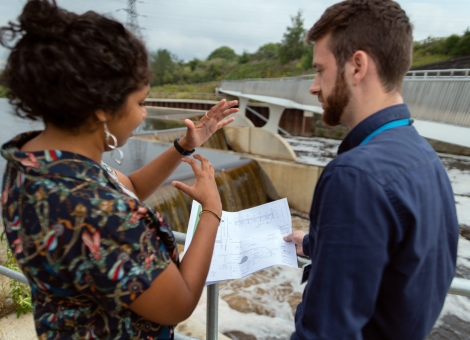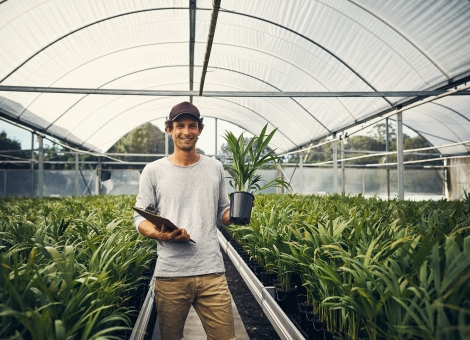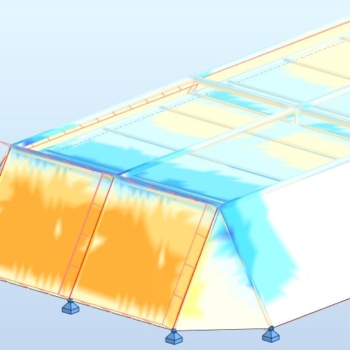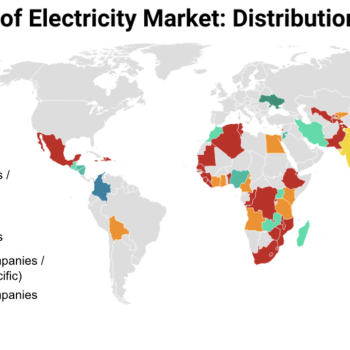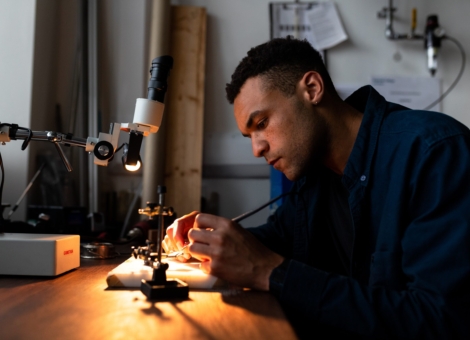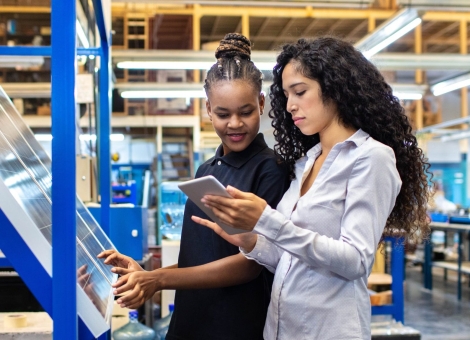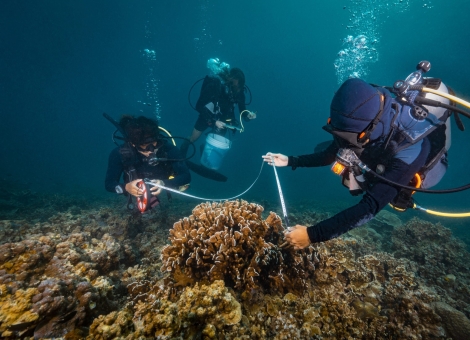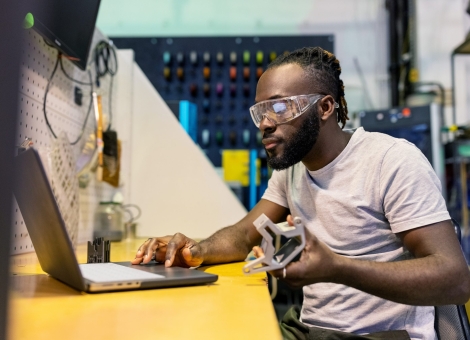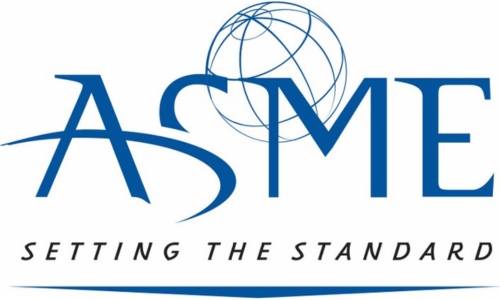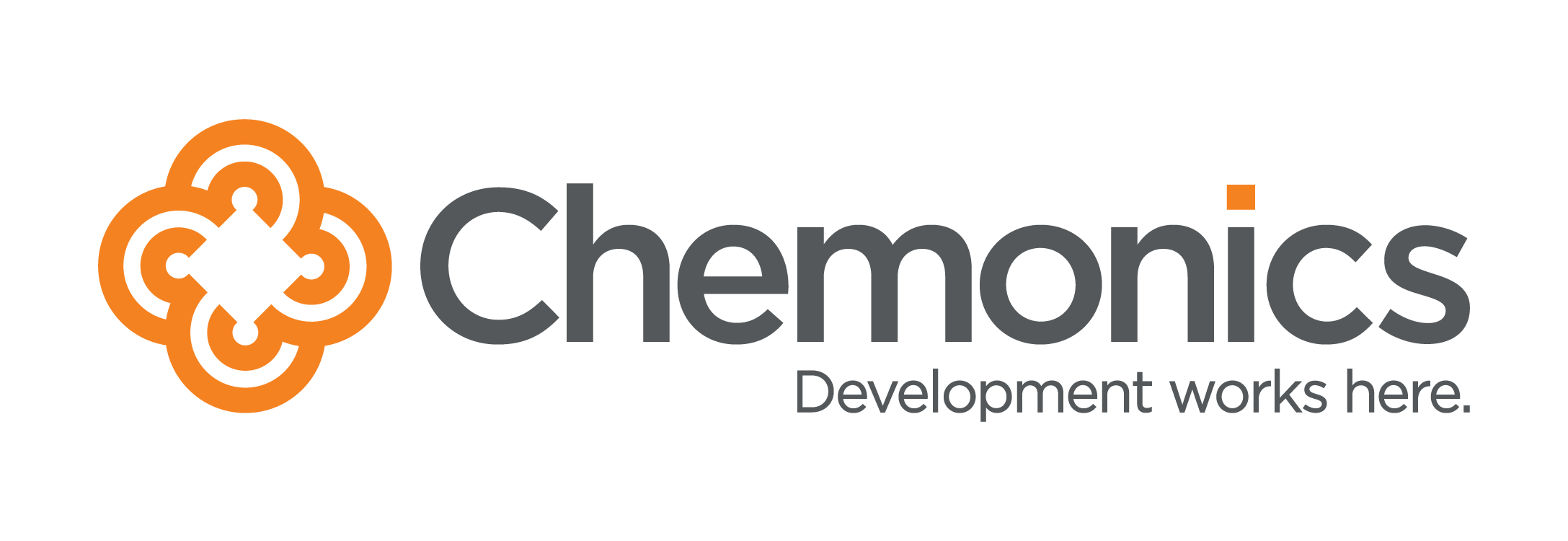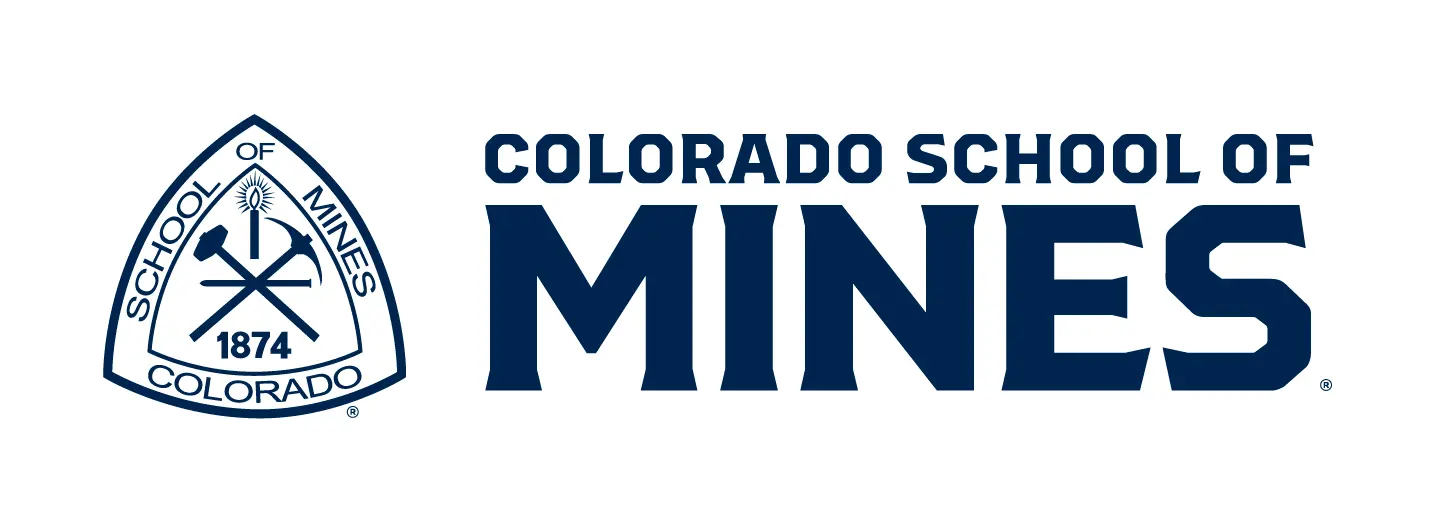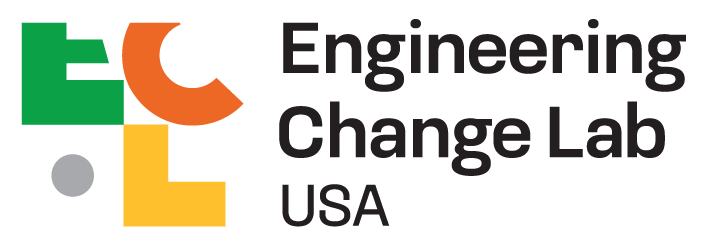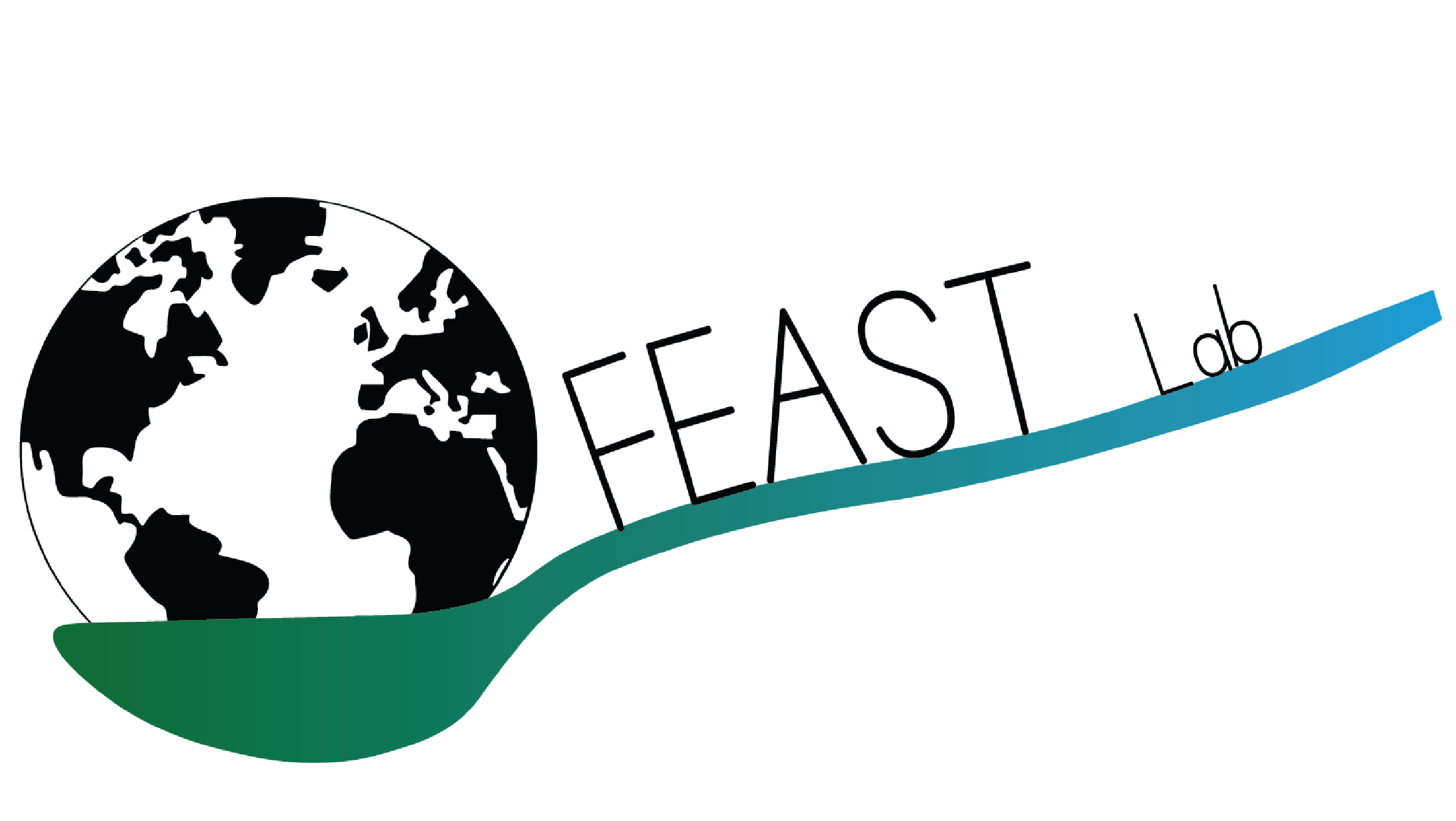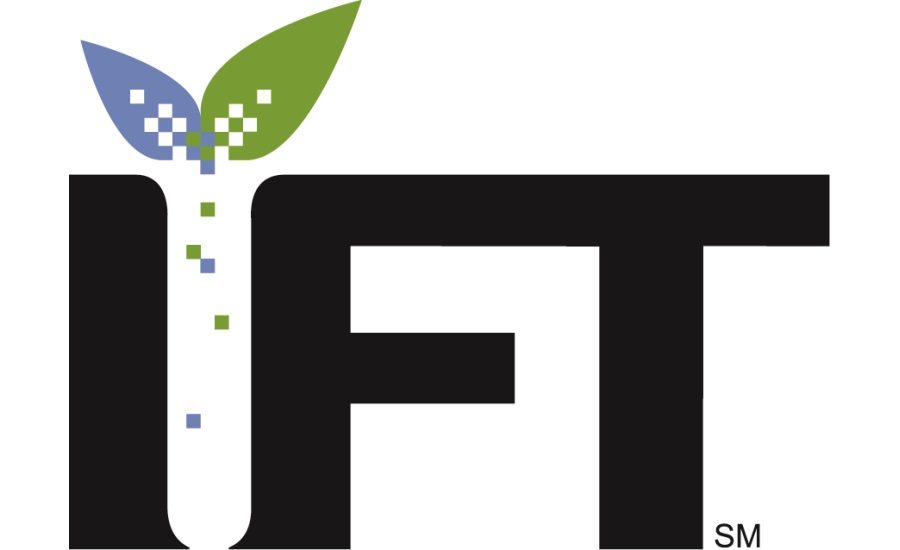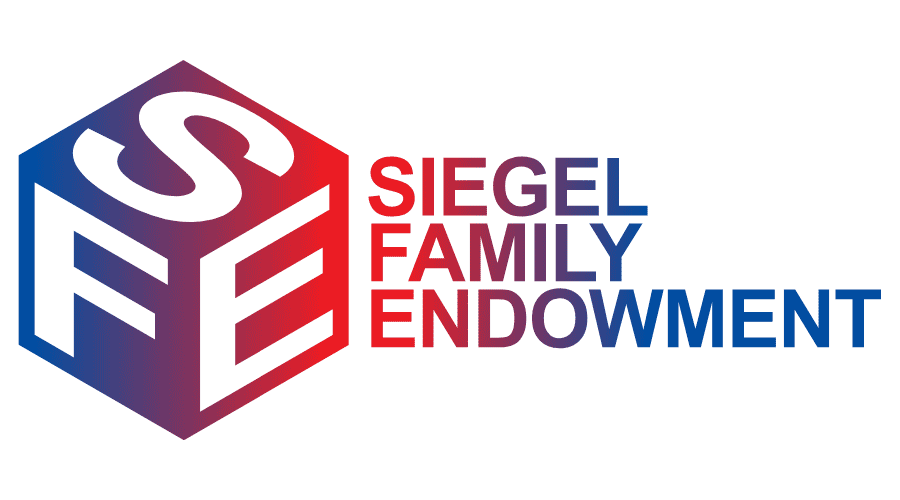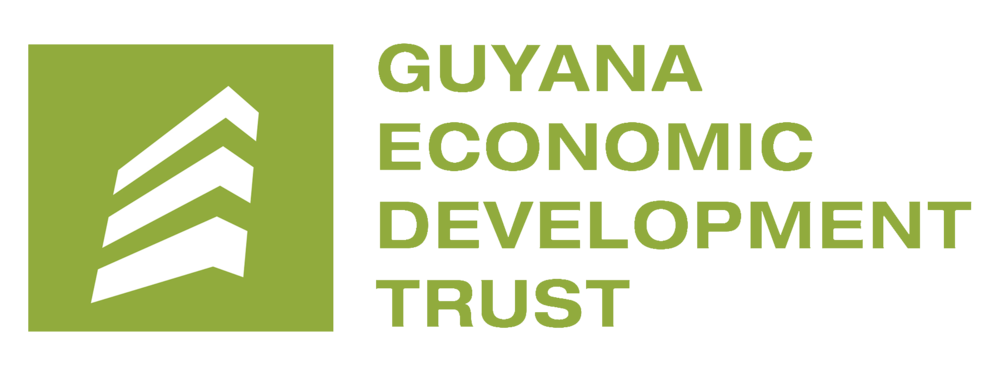Through weekly synchronous Learning Modules, workshops, and more.
By working on a project aligned with the UN Sustainable Development Goals (SDGs).
With a network of experts and like-minded technical professionals through various networking pathways.
That will set you up for success to effectively collaborate across disciplines and cultures.
Through the American Society of Mechanical Engineers certifying your Fellowship achievements.
Adjusted based on experience, qualification, and cost-of-living.
What the Fellowship Includes
Fellowships advance career paths through 30+ hours of Learning Program engagement designed for training and expanding knowledge in the sector, 400+ hours of research/design work, and 30+ hours of networking online with peers and expert advisors. The program runs from May through September and requires a part-time commitment of 20-25 hours per week through virtual engagement.
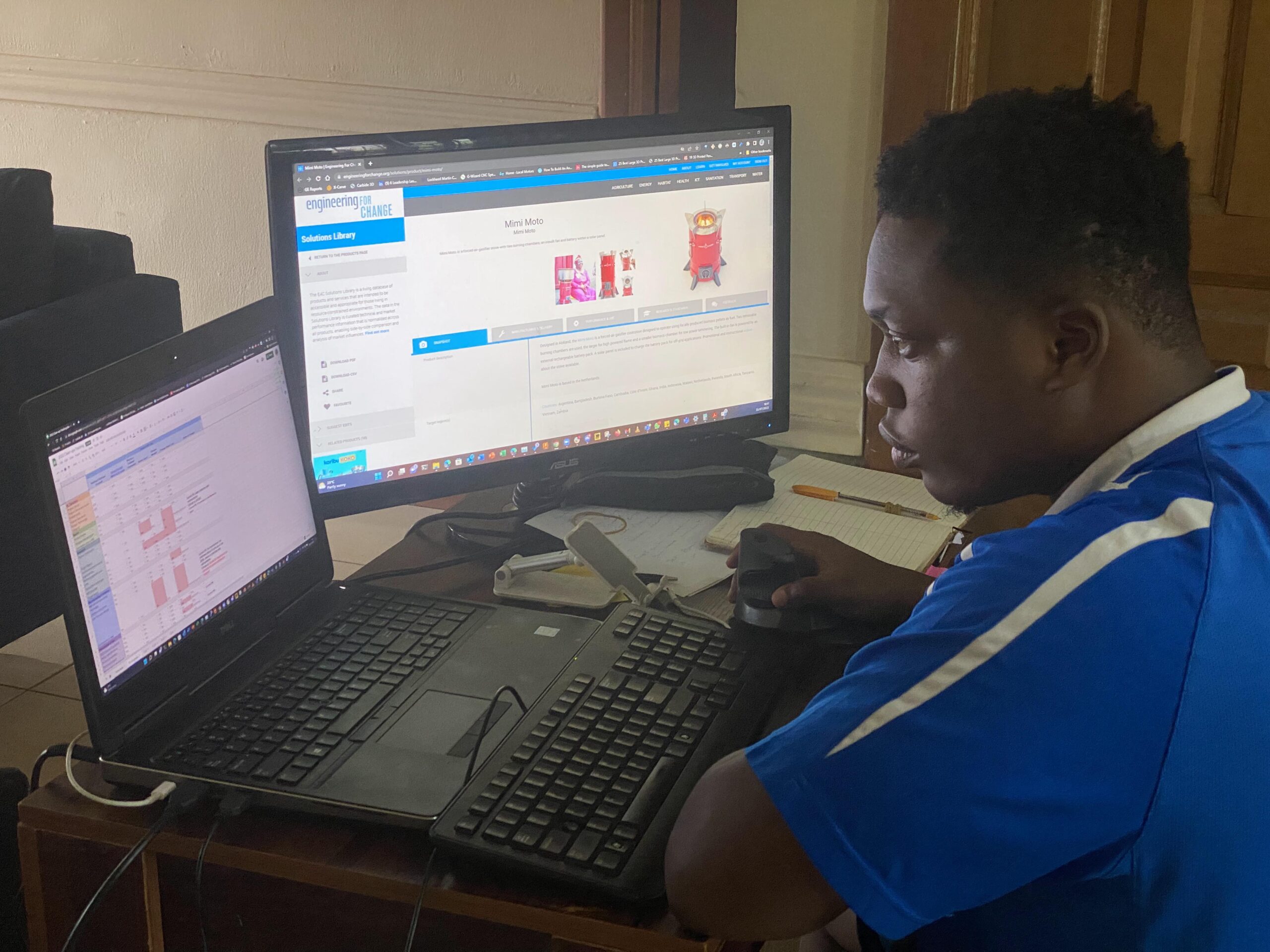
Relevant Training
Fellows receive targeted training to expand their knowledge of the engineering for sustainable development sector including global, local, and individual considerations.
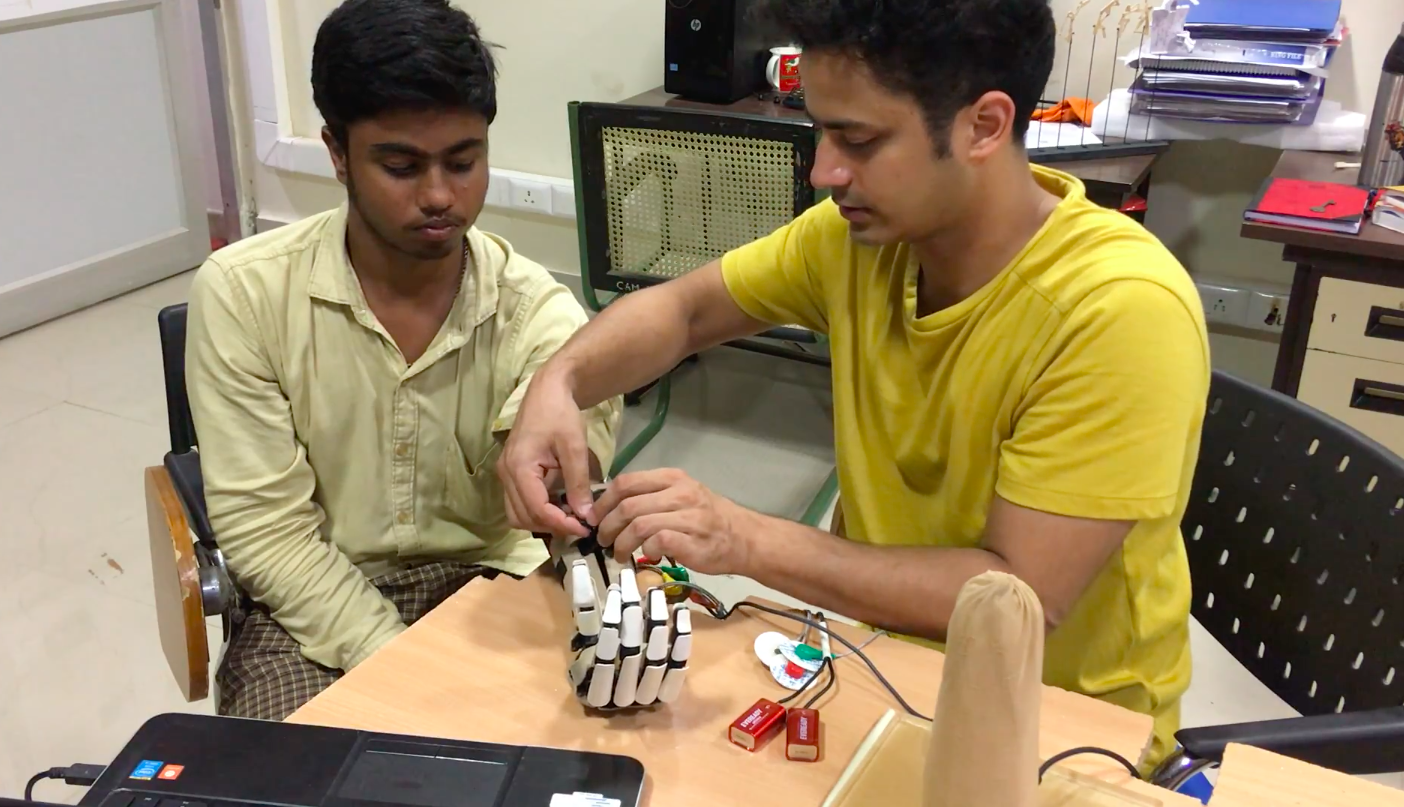
Impactful Projects
E4C works with organizations to co-design Impact Projects where Fellows can deliver transformative support across three project types: Impact Research, Design for Good, and Advancing Workflows.
Impact Projects Highlights
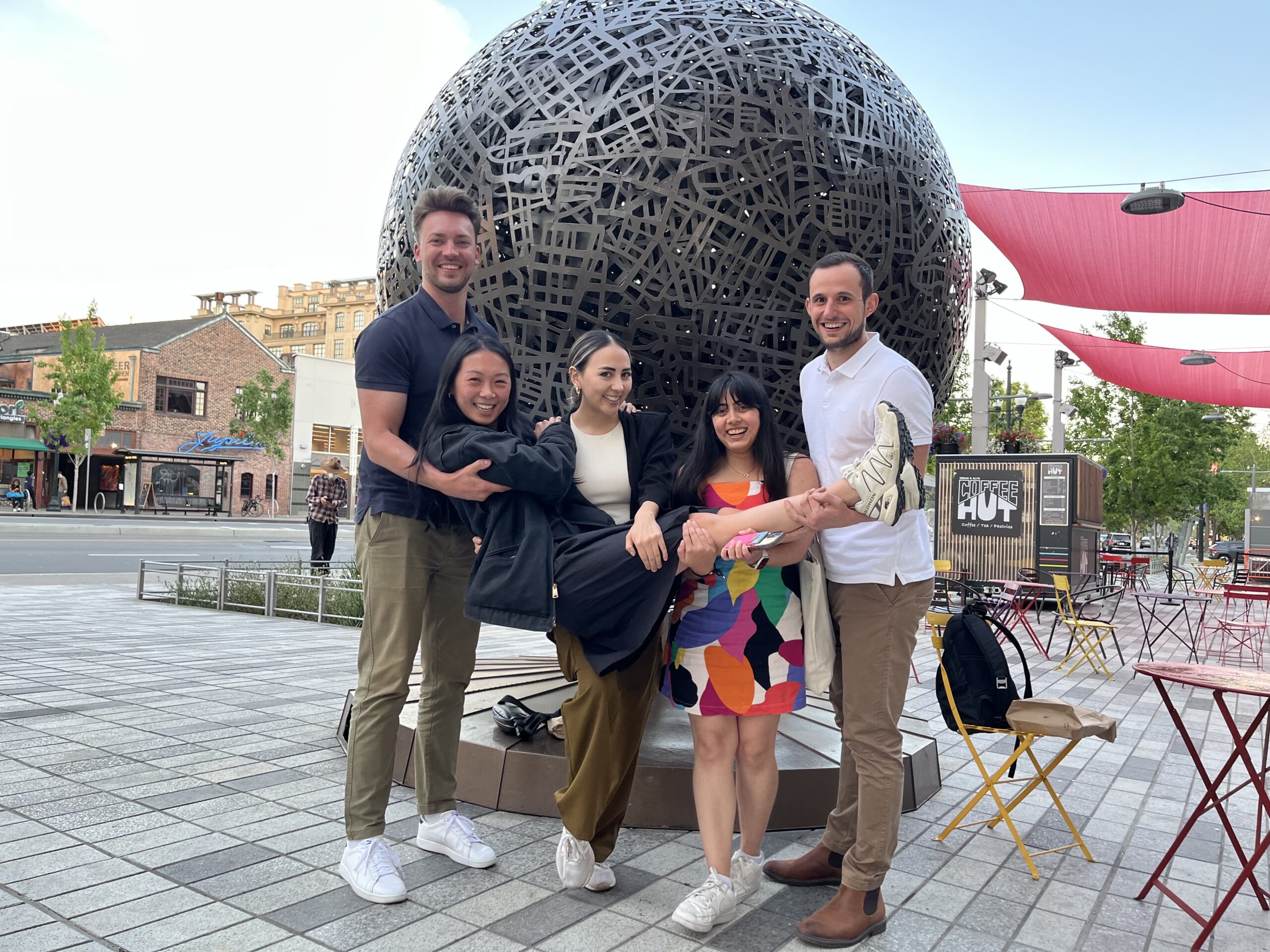
Meaningful Connections
Fellows have a number of opportunities to network throughout the program including 1:1 meetings with Managing Fellows, weekly small group calls with other Fellows, and more!
E4C Fellowships To Date
Preparing the Technical Workforce to Advance Sustainable Development
309
Fellowships Awarded
53
Nationalities Represented
45
% Women Selected
210
Projects Completed
Fellowship Structure
The Fellowship starts at the beginning of May and runs until the end of September each year. It requires a time commitment of 20-25 hours per week.
The Fellowship is executed completely remotely. You can apply from anywhere around the world and contribute to projects outside of where you are based as long as you have internet connection.
The Fellowship's part time and remote structure allows for flexible work schedules, so outside of mandatory meetings, you can complete your work when it works best for you.
Fellows are provided hands-on management support from day one. From a two-week onboarding period to bi-weekly check-ins with Managing Fellows, our Fellows are part of a team ensuring their success.
Past Fellowships
Launched in 2015, our Fellowship Program has continued to grow and evolve. Check out some of our past fellowship cohorts to learn more about the Fellows selected and Impact Projects completed.
Fellowship Supporters
Interested in supporting the Fellowship or sponsoring an Impact Project?
Fellowship FAQs
Below are answers to some of the most frequently asked questions regarding E4C Fellowships.
Each year, the E4C Fellowship starts in May and ends in September.
Advance your professional skills, participate in state-of-the-art learning programs, gain real-world experience, and network with a global community of best-in-class peers, experts, and mentors. Join a growing E4C Fellow alumni network of passionate, ESD practitioners and receive exclusive opportunities to engage with E4C on future projects. Earn a digital badge for completion of the Fellowship. Have your work published and promoted on E4C platforms and social media channels.
Fellows engage with E4C on a part-time (20-25 hours/week) and remote basis from the beginning of May to the end of September. Fellows participate in a learning program providing professional development training and knowledge-building through weekly learning modules and small group calls, as well as one-to-one mentorship meetings, technology assessment assignments and other skill-building opportunities. Sponsored by mission-aligned organizations, E4C Fellows work with diverse, interdisciplinary, multi-sector teams and develop their professional and technical skills by investigating, optimizing, and designing to advance the United Nations Sustainable Development Goals. E4C Fellows expand their understanding of the sector through participation in E4C’s Impact Projects, directly advancing partners’ sustainability initiatives.
Fellows receive a stipend for the duration of the fellowship, which is not a salary or wage and is not intended to be the Fellow’s primary income source. The amount awarded varies on cost-of-living and expertise, and is paid in installments. The stipend installments are tied to performance and will be processed after completing defined goals/targets.
Any early-career technical professional, whether studying (3rd or 4th year of bachelor’s degree and equivalent) or in the workforce. We consider anyone with less than 10 years of relevant experience as early-career. We consider technical professionals to include engineers, architects, data analysts, computer scientists, natural scientists, and any others working at the intersection of technology, sustainable development and social impact.
Candidates should be proficient in English (reading, writing, and speaking) and will be expected to demonstrate their ability to do research or design, work with diverse international teams, be resourceful, meet deadlines, and work remotely.
1. Become an E4C Member.
2. CV or resume.
3. Letter of interest/Cover Letter.
4. Two or three professional references.
5. Identify your top 3 three Impact Project choices.
6. Fill out the application form.
7. Optional work samples (e.g., portfolio, projects, models, simulations, certifications, etc.,) or evidence of research proficiency (e.g., papers, projects, reports, etc.).
Fellows are selected based on their alignment with specific Impact Project requirements; academic performance; Engineering for Sustainable Development (ESD), social impact, and/or sustainability experience; sector of specialization; and references. Candidates based in the same region as the project will be prioritized. Fellows must have the right to work in the country where they will be based during the Fellowship.
Fellows commit to 20-25 hours per week from the beginning of May to the end of September. Fellows are not required to log their hours but must attend scheduled all Fellowship activities, including:
1. Onboarding Calls during the first two weeks of May.
2. Weekly Learning Modules – Wednesdays from 10-11:30am Eastern Time.
3. Weekly Small Group Calls – times to be determined based on Fellows’ availability.
4. Bi-weekly (or more frequent) Partner Calls – times to be determined based on Fellow and partner availability.
More Questions About E4C Fellowships?
Apply for an E4C Fellowship using the button at the top of this page. For other inquiries, please fill out the form below.
